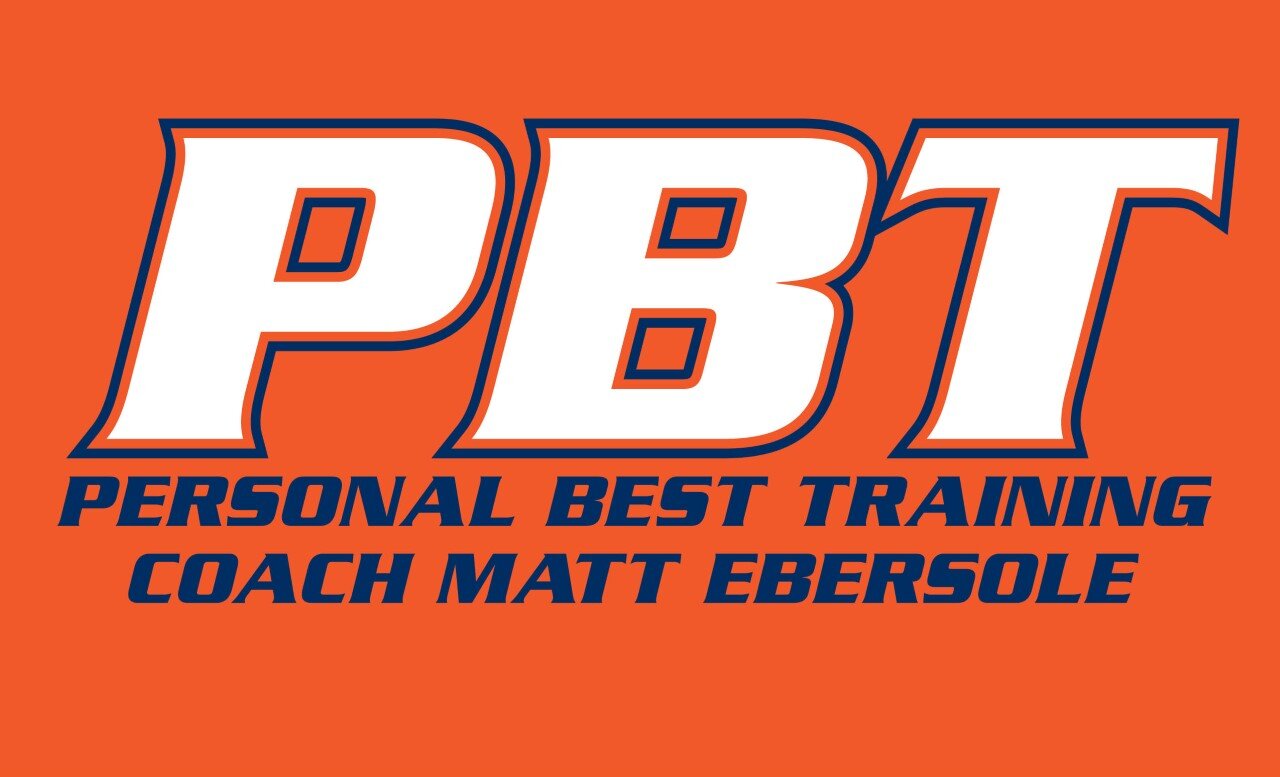The right goal can get you out of a warm bed and into the cold for a Monday morning 12 miler before the sun rises.
“It’s better to be at the bottom of the ladder you want to climb than at the top of the one you don’t.” -Stephen Kellogg
If you are setting goals you have an appetite for achievement. This appetite will consume hundreds of hours of time and gallons of sweat so they better be worthy targets. Here are some of the common problems to consider and avoid when setting and pursuing goals.
Do Your Goals Align?
Are you sabotaging your own goals by setting so many they are in competition with each other? Do you say you want to run a marathon PR while running a 5K every weekend and skipping long runs? Do you want to run a fast half marathon but run a marathon 2 weeks before your goal race? Getting clarity with your goals and recognizing if other races or training are helping or hindering you is obviously very important. Upon further review you might realize what you say is your goal is really not the priority. It is OK to change your goal to what is actually most important to you. It is far less frustrating to figure this out sooner rather than later.
Adopting a Goal
The social aspect of running is a huge motivator and great reward for many runners. However, a worthy goal that takes so much time, energy, and emotion to achieve has to be something important to you and not someone else’s goal you have adopted. Find ways you can support others in their goals while not taking away these resources from what is most important to you. You might find a supporting role rather than actually running the same race will be more helpful to your friend and you might even expand your social running circle by finding others with your same goal.
Pass or Fail Time Goals
The most common of these is a Boston Marathon qualifying time. This is a great goal for many people because it is very clear and motivating and with the right amount of time and work most people can get there. But before this becomes the immediate goal evaluating the evidence that you are in the performance range to run the time is very important. Many good marathons that are great steppingstones to Boston get ruined by stretching for a few more minutes that are beyond one’s current fitness. Sure, make it a goal but let’s find the evidence with other race performances before it becomes a pass or fail goal in your next marathon.
Poor Planning
The realities of real life and of the calendar must play a role in your decision making. Evaluating family, job, and other real life responsibilities will have an impact or your ability to prepare. Ignoring them does not change that fact. Registering for a race before determining if you have enough training time is a sure way to be disappointed. Charging towards a goal race and running through your body’s signs that you need more time to train will result in poor performance at best and an injury breakdown at worst.
Confusing Finishing and Performance
If you are planning to run as many marathons in a year as your travel budget allows it is very unlikely you will be close to your best possible performance in the same 12 months. Both goals are fantastic but they are in competition with each other. Last year one of my runners had the goal of completing as many half marathons as possible and she did a great job with it. This year she is more concerned with performance and her training plan looks much different.
By giving your goals the thought and soul searching they deserve you can celebrate not only your victory but everything you gave to earn it.

